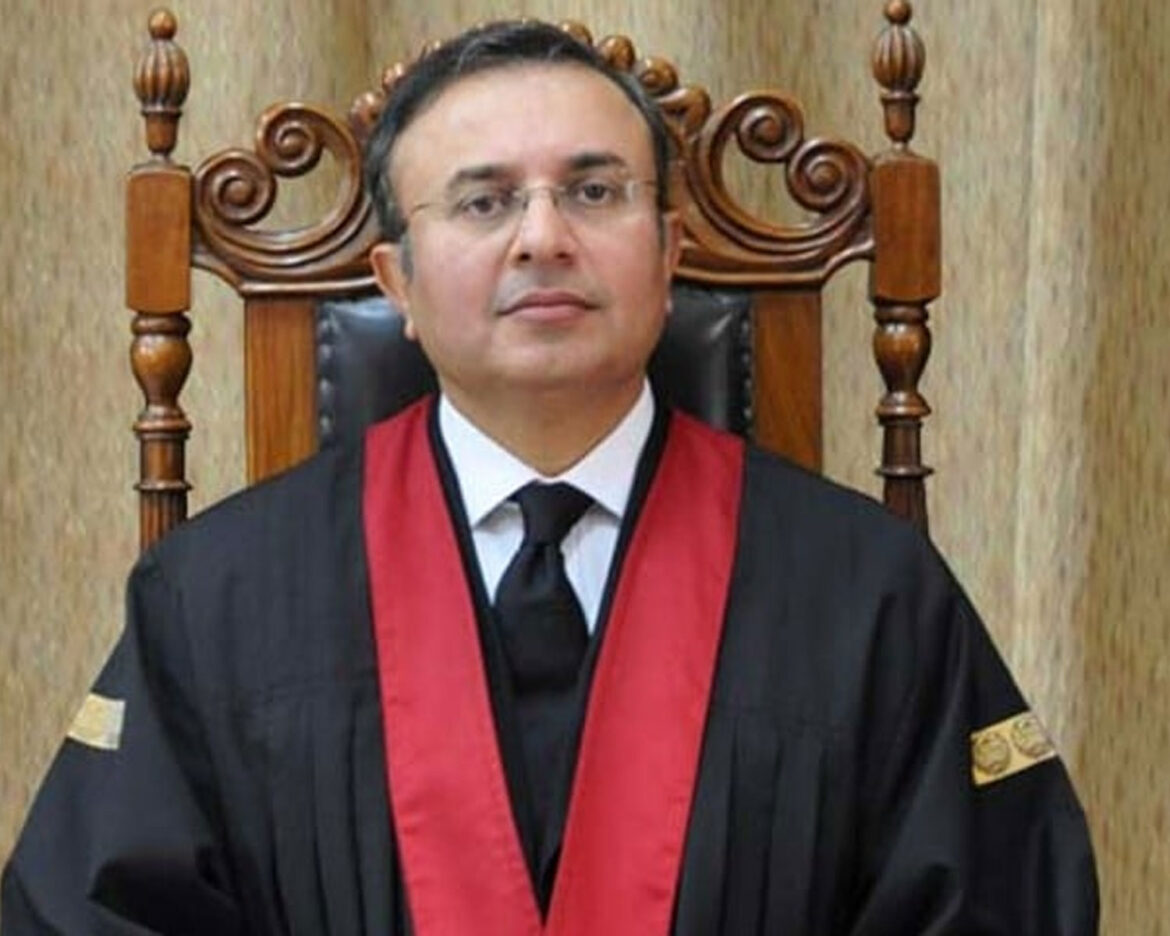In the wake of the recently passed 26th Constitutional Amendment, Justice Mansoor Ali Shah of the Supreme Court (SC) remarked on Monday that the question of jurisdiction would now “arise every day” in the SC following the significant judicial reforms introduced by the legislation.
The 26th Amendment, passed in the early hours of Monday, was signed into law after receiving approval from both houses of Parliament and assent from President Asif Ali Zardari. This pivotal amendment brings a series of changes to the Constitution, primarily focused on the judiciary, including curbing the Supreme Court’s suo motu powers and setting a three-year term for the chief justice of Pakistan (CJP). It also empowers the prime minister to appoint the CJP from among the three most senior SC judges.
A key element of the amendment is the modification of Article 175A, which governs the appointment of judges to the SC, high courts, and Federal Shariat Court (FSC). Under the new provisions, the CJP will now be appointed on the recommendation of a Special Parliamentary Committee, selecting from the three most senior SC judges rather than simply appointing the most senior judge as was previously mandated.
Additionally, the amendment limits the jurisdiction of non-constitutional SC benches, stating that they can only exercise specific jurisdictions, including original jurisdiction under Article 184, appellate jurisdiction involving constitutional questions, and advisory jurisdiction under Article 186.
During the hearing of a case concerning the Competition Commission of Pakistan, Justice Shah humorously remarked, “Will this case now go to the constitutional bench or can we hear it?” He noted that this question would likely become a daily issue for the court, raising uncertainty about whether cases should be heard by regular or constitutional benches.
Advocate Farogh Naseem responded by pointing out that political cases are now largely constitutional cases. In response, Justice Ayesha Malik wryly added, “Now it’s up to you and your constitutional benches.”
Justice Shah adjourned the case for three weeks, acknowledging that the SC would need time to adjust to the new legal framework. Justice Ayesha Malik further cautioned him to study the new amendment, noting that Article 199 would not apply in the present case. Justice Shah concluded that the court would need time to fully grasp the implications of the changes.



